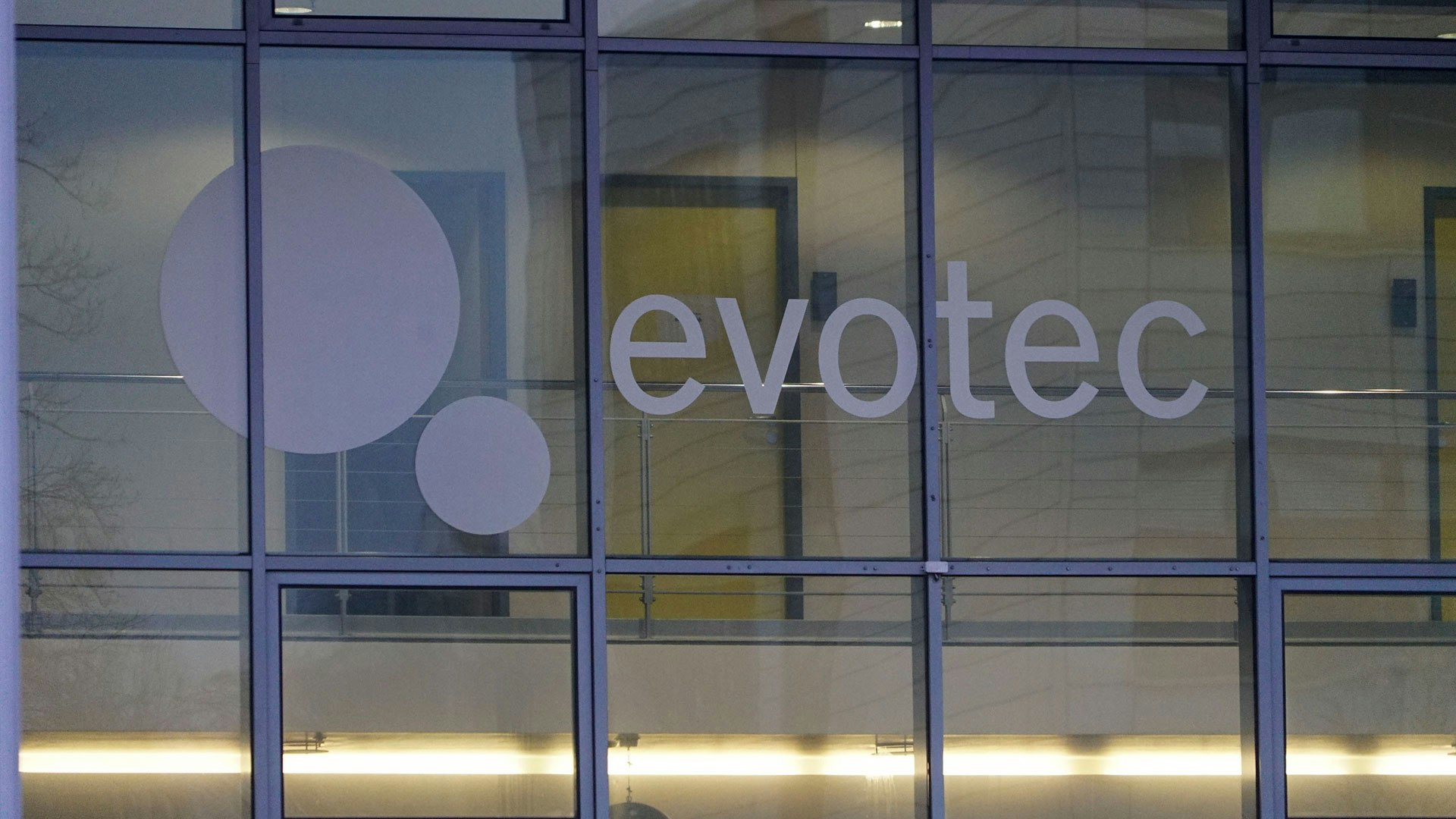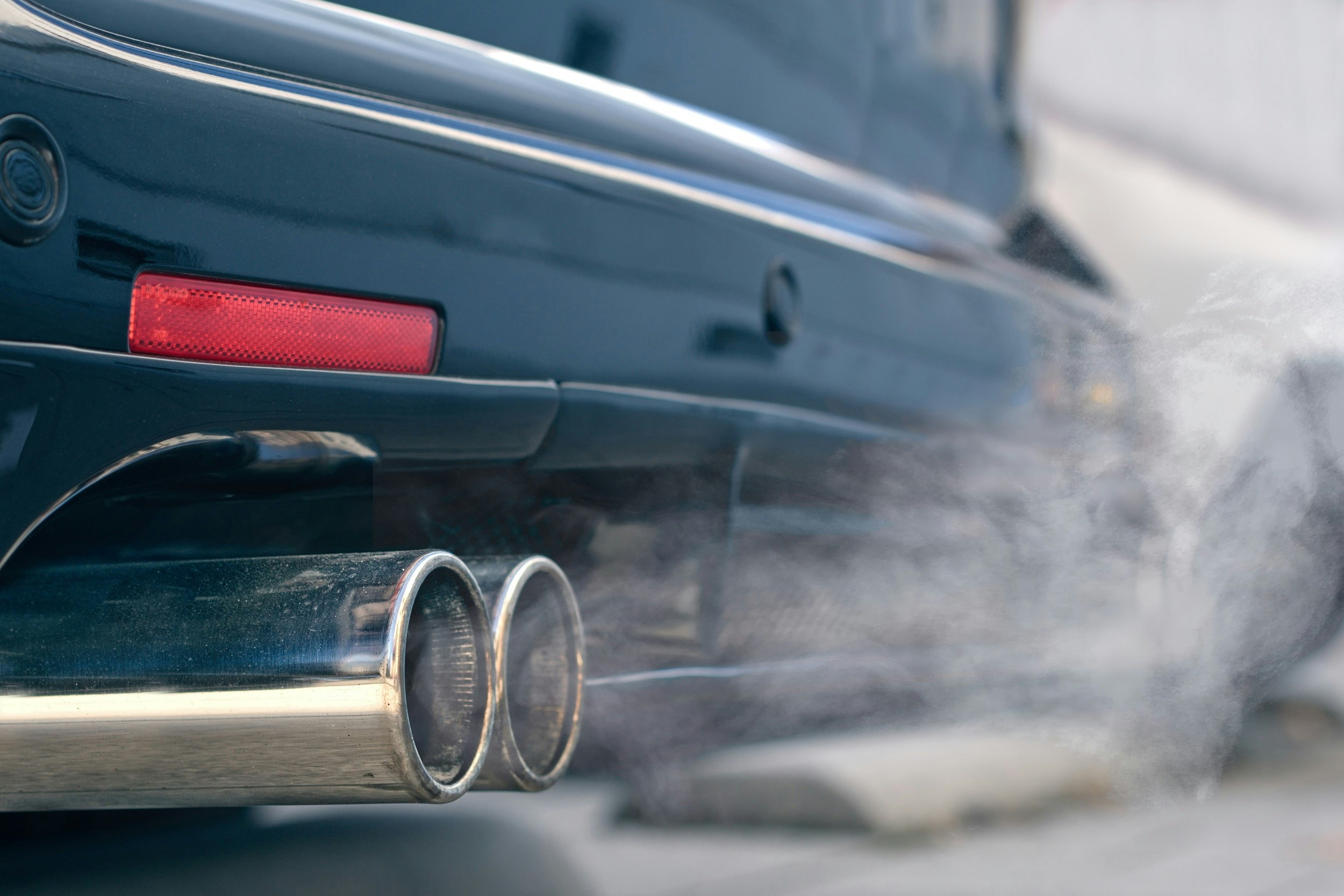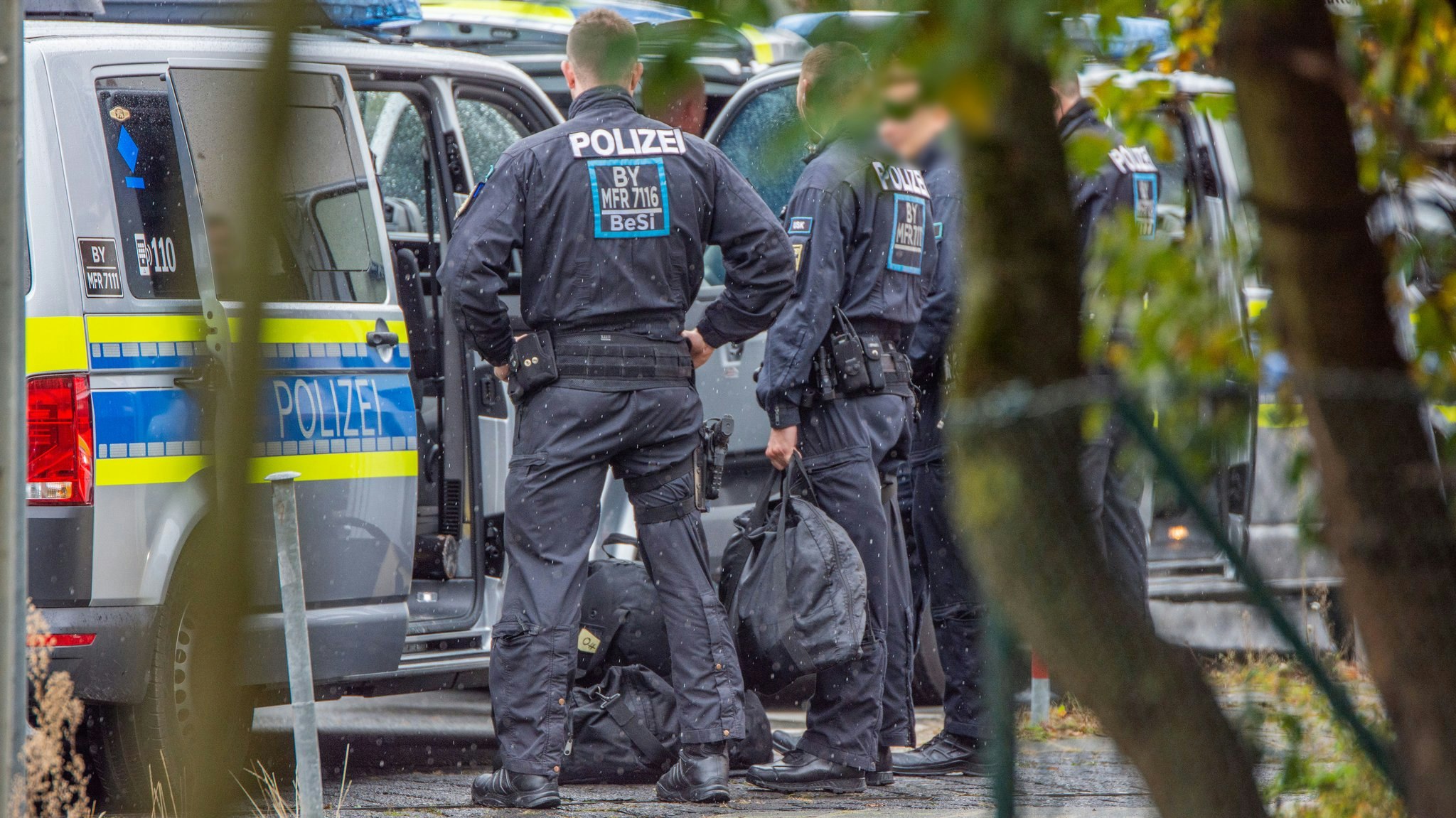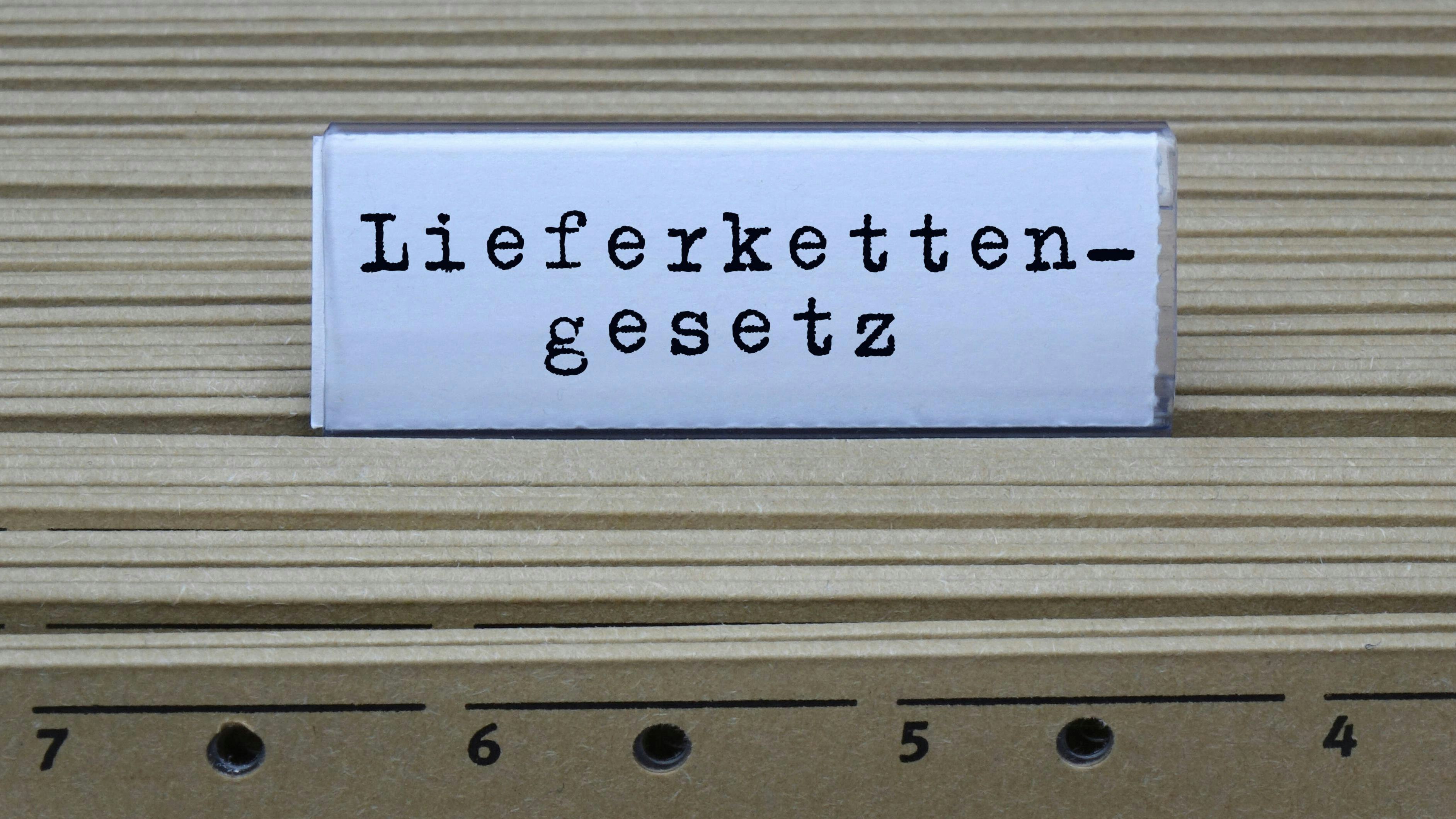Business
Tesla ordered to pay $242 million in damages – Autopilot for the first time found partially responsible in U.S. federal trial
A US federal court finds Tesla partially liable for the first time in a fatal accident involving Autopilot and imposes a $242 million fine.
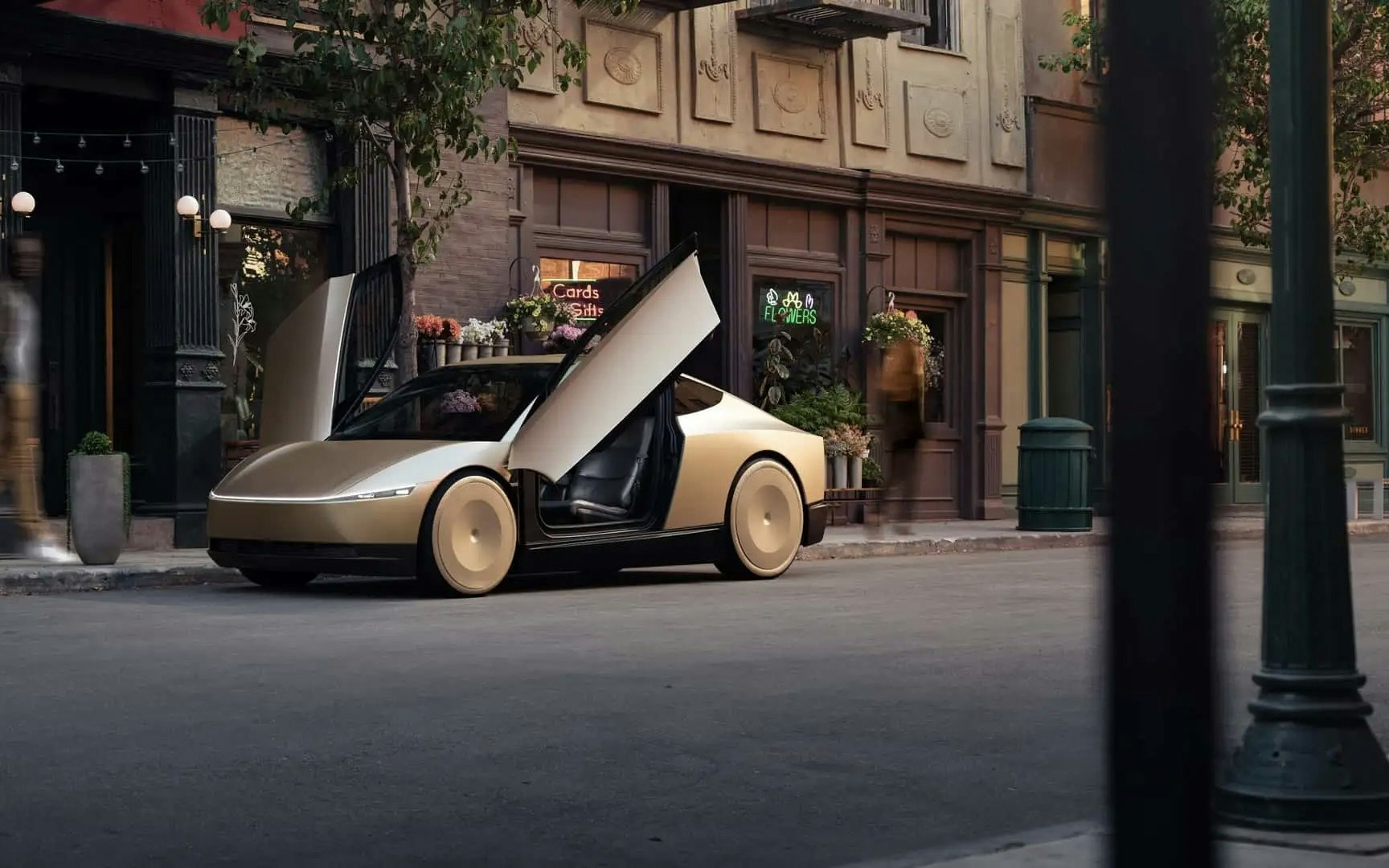
In a landmark ruling, a U.S. federal jury held Tesla partially responsible for a fatal accident in 2019 and ordered the company to pay a total of $242 million in damages. It is the first time a federal court has held Tesla liable for the role of its driver assistance system.
Specifically, it involved a case in Florida where a Tesla Model S with activated autopilot crashed into a parked vehicle at about 80 km/h without braking. A 30-year-old woman was killed, and her boyfriend was seriously injured. According to the verdict, Tesla bears one-third of the responsibility because the system was not designed for the type of road being used, yet no usage restriction existed.
The jury awarded $200 million in punitive damages and $42.6 million in compensatory payments. The plaintiffs accused Tesla of lulling customers into a false sense of security through marketing statements. Statements by Elon Musk that the autopilot "drives better than a human" had raised expectations of the system unrealistically, according to the plaintiffs' lawyer.
Tesla defended itself by saying that the driver should have taken control of the steering and even pressed the accelerator while being distracted looking for his dropped phone. Additionally, the manufacturer points out that the autopilot is clearly declared as an assistance system that requires active driver behavior.
The judgment concerns an older software version. However, it is likely to influence Tesla's future plans: The company is currently testing its robotaxi service in Austin and San Francisco – so far only with human drivers, as there is not yet approval for a fully autonomous offering.
The decision comes at a time of growing regulatory uncertainty. An investigation by the US transportation authority NHTSA had already shown in 2023 that Tesla's Autopilot exhibited "systematic safety deficiencies" that led to preventable accidents.
A lot is at stake for Elon Musk: Tesla is increasingly relying on autonomous driving services as a future growth source, while traditional vehicle sales suffer from political tensions and declining demand. The ruling could now become a legal precedent - with consequences for the entire autonomous driving sector.


